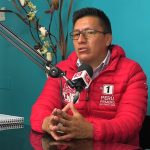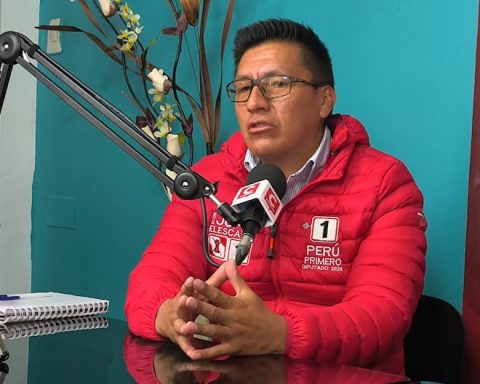The international collaboration agenda of the University of Camagüey expands today in a seminar with its counterpart from Turku and Tampere, in Finland.
On this occasion, the Cuban institution is linked to the IRIS project (according to its acronym in English) and which is directly aimed at the integration of intermittent renewable sources in the electrical system.
According to the note on the official website of the first institution of its kind founded by the Antillean Revolution in 1967, “the IRIS project addresses topics such as the efficient use of renewable energy sources, electricity consumption and energy development in Cuba. ”.
The program is analyzed “from the analysis of the political, economic, social, technological, environmental and cultural dimensions (Pestec, for its acronym in English)”, describes the publication.
For Eduardo Sierra, head of the Innovation Technology section of the UC, “this is a project that aims to provide knowledge for the transformation of the Cuban energy matrix.”
Projects of this type directly affect both the most technical aspects and the impact that the total change towards renewable energy sources would generate in the national electricity system, the publication referred.
Cuba has among its main objectives to reach a 24 percent share of this type of sources by 2030, as part of its policy of use and exploitation of renewable energies.
















